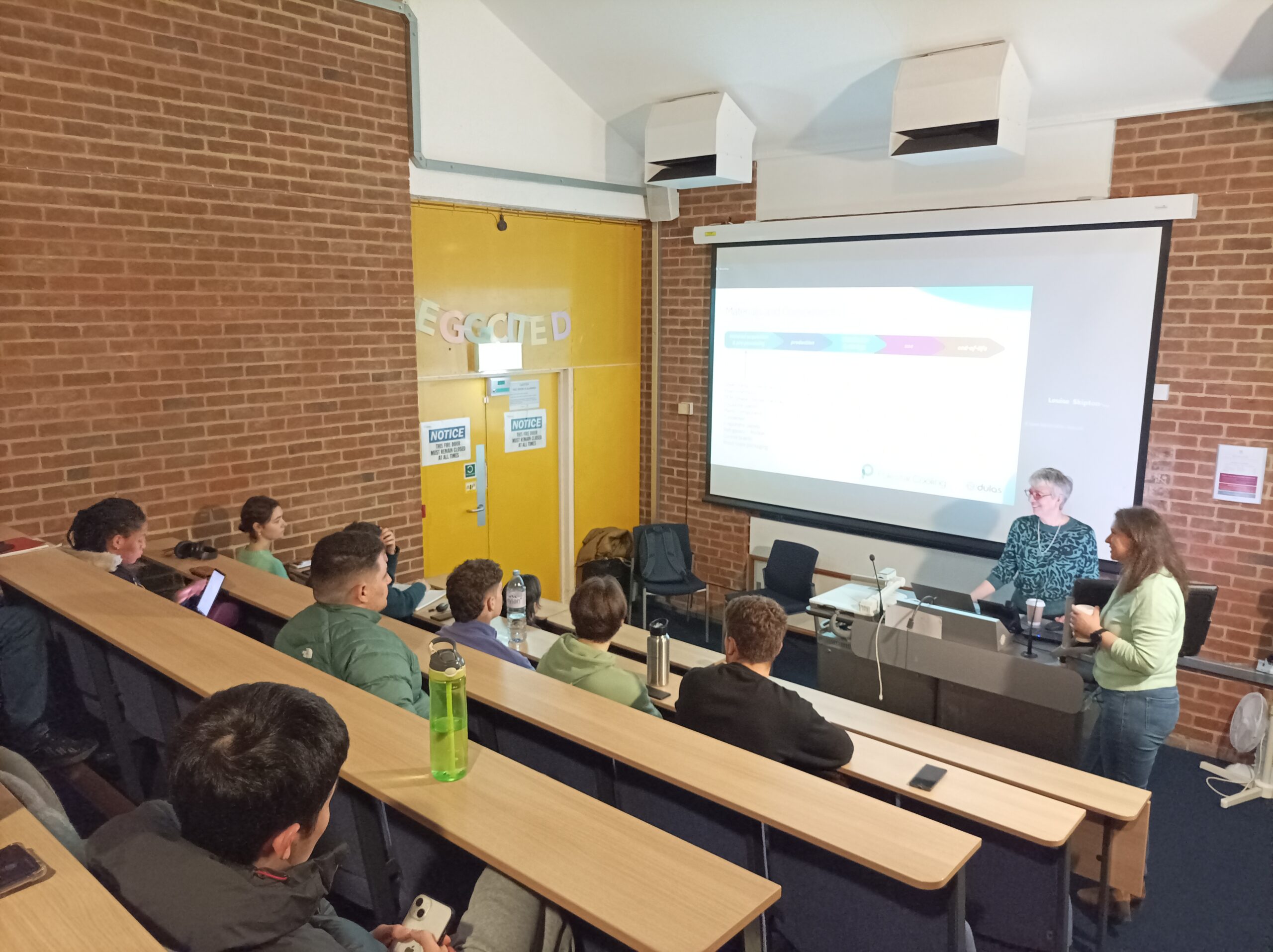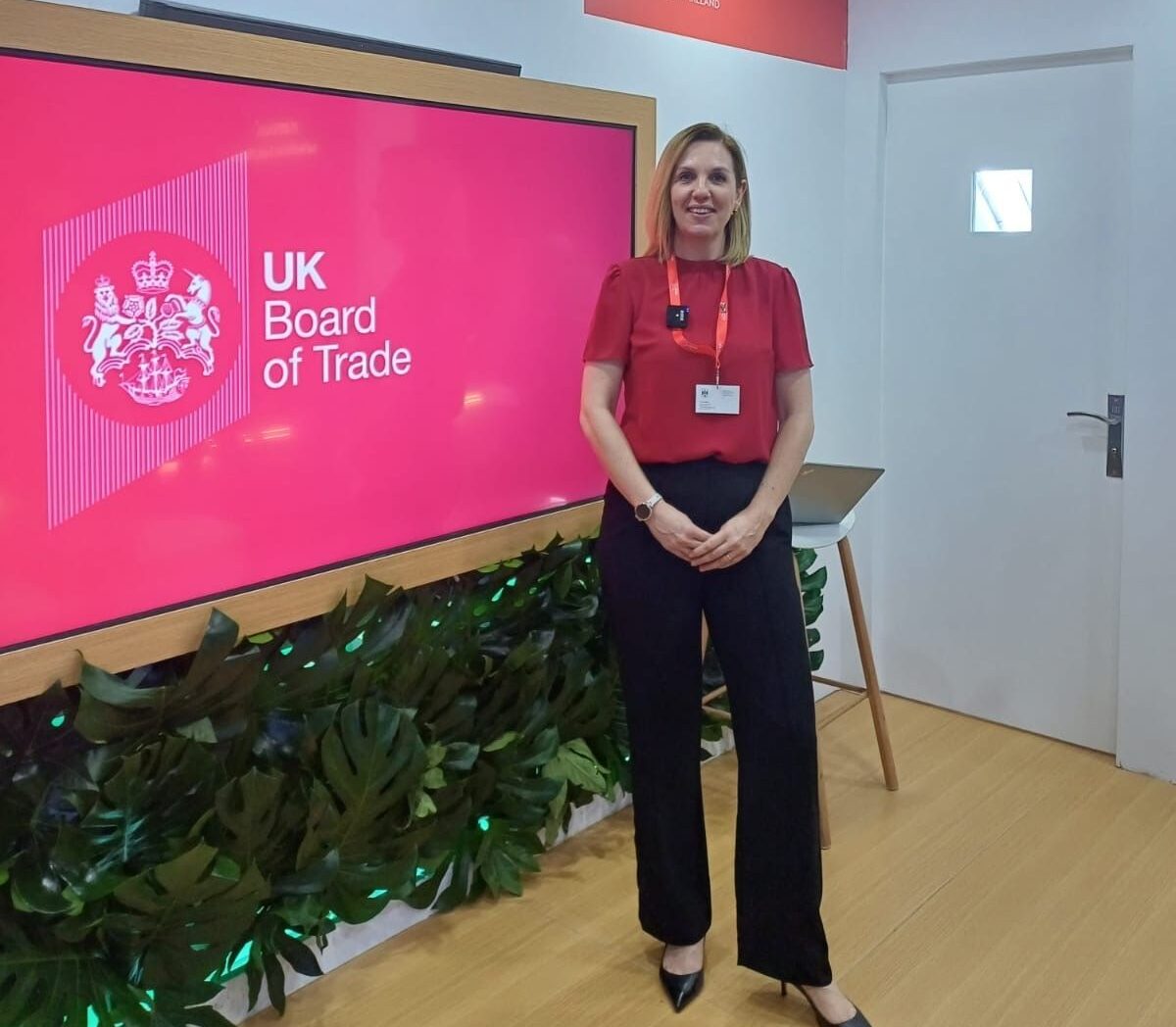Following receipt of over 800 entries from around the world, three finalists have been chosen for this year’s prestigious St Andrews Prize for the Environment. The winner will receive $100,000 USD and the two runners-up will each receive $25,000 USD.
The St Andrews Prize for the Environment is a joint environmental initiative by the University of St Andrews in Scotland and independent exploration and production company ConocoPhillips.
The Prize focuses on sustainability, conservation, biodiversity and community development supporting a wide range of projects from around the world on diverse topics including sustainable development, food security, urban re-generation, recycling, health, water and waste issues, renewable energy and community development. Ideas may be global, local and/or scalable and outline how they will socially and economically impact the communities in which they are based.
Previous winning projects have included improving living and health standards, water purification systems, sanitation projects and the preservation of endangered species. A significant benefit to the winners is that they gain access to the expertise of the St Andrews Prize for the Environment team and past winners.
Lord Alec Broers, Chairman of the Trustees for the St Andrews Prize for the Environment says:
“2017 has seen several milestones achieved for the Prize. The global reach has increased, with entries coming from 99 countries this year, up from 90 in 2016. The number of entries received has also surpassed previous records with over 800 entries. This growth has meant the selection of the three finalists has been an extremely difficult task for the Trustees. We would like to thank all the projects that took the time to enter this year’s Prize and our Screening Committee for their valuable insight.
“The range of challenges faced across the world remains diverse and complex. This is never more apparent than when reviewing the entries for the Prize seeing the incredible work that is taking place to confront these challenges. In recent years, we have seen a rise in sustainability projects coming forward and, we hope, by supporting such projects that we can help tackle these challenges together.”
Dulas Ltd have pioneered solar powered medical equipment since 1985, with their solar vaccine and blood refrigerators being used to save lives every day in war zones, unindustrialised regions and areas affected by natural disaster.
During installation trips, the team witnessed recurring problems with healthcare in these areas including complications during middle-of-the-night childbirths and medical emergencies because of lack of light, doctors being unable to call the nearest hospitals, patients travelling long distances for medical attention, and viable vaccines being destroyed because of lack of certainty that they were safe to use.
They considered the surplus power generated by their refrigerators and, with a simple adaptation, they realised they could convert them to stand-alone power sources, creating The Solar Socket.
The Solar Socket is a small panel of USB and car charger sockets that plugs directly into the front of the refrigerator. Remaining 100 percent safe and stable, the refrigerator can now create a fully energised health centre with lighting and medical equipment. Powering lamps, fans and laptops, the Solar Socket is ideal for charging a phone, which can become a hand-held blood pressure monitor, a vaccination barcode scanner, a bank, a medication scheduler or simply, a lifeline to call for help.
Dulas plans to distribute 20,000 refrigerators per year before 2020, amounting to 80,000 potential ‘solarised’ medical centres all over the world, and more lives saved. It is a stand-alone revolutionary addition to the medical refrigerator market.
The finalists’ presentations will be heard at a seminar at University of St Andrews and the winner will be selected on Thursday, 27 April 2017 and publicised on Friday, 28 April 2017.





